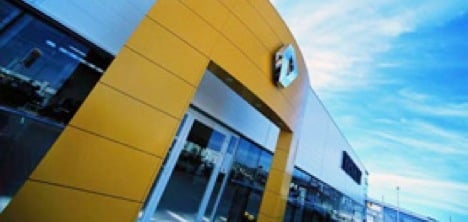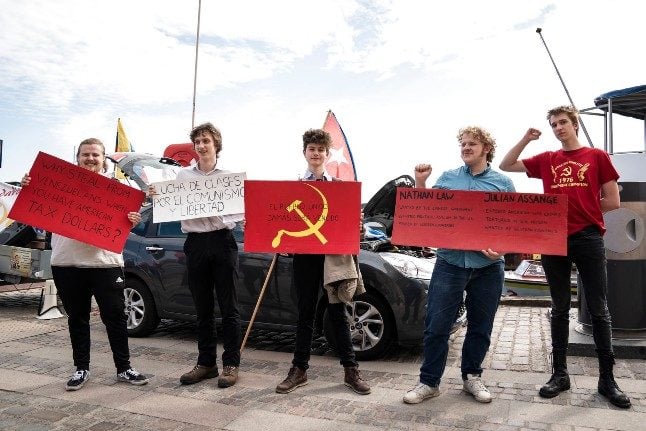For years Renault has left the Chinese market — the world's biggest — to its Japanese alliance partner Nissan, as part of their geographical division of markets.
The factory is to be built in Wuhan, in central China, by Renault and its joint venture partner Dongfeng, said the source, who works in the same area.
But an environmental impact assessment still has to be completed and the approval process will take several months, the source told AFP, and was likely to involve high-level political figures from France and China.
"It will be good if the foundation can be laid before the end of 2013," the source said.
The project is already being assessed by the National Development and Reform Commission, China's planning agency which approves all major industrial projects, the China Business News daily reported.
The first phase would cost 6.5 billion yuan ($1.04 billion), the paper reported.
In September, Renault's chief operating officer Carlos Tavares told the Paris Motor Show that a request was "made in early September to Chinese authorities to grant us a licence to manufacture".
"We hope that by the end of the year we will see positive signs," Tavares said.
Dongfeng Group already has joint ventures with Nissan, which has Renault as its biggest shareholder, France's PSA Peugeot Citroën, and Japan's Honda.
In 1993, Renault set up a joint venture with China Sanjiang Space Group to produce the Traffic minibus, but production stopped in 2003.
According to a report by the consultancy McKinsey, the Chinese market for cars will grow eight percent per year to reach 22 million units in 2020.
Germany's Volkswagen announced Friday it would invest almost $13 billion in its joint ventures in China for 2013-15.



 Please whitelist us to continue reading.
Please whitelist us to continue reading.
Member comments